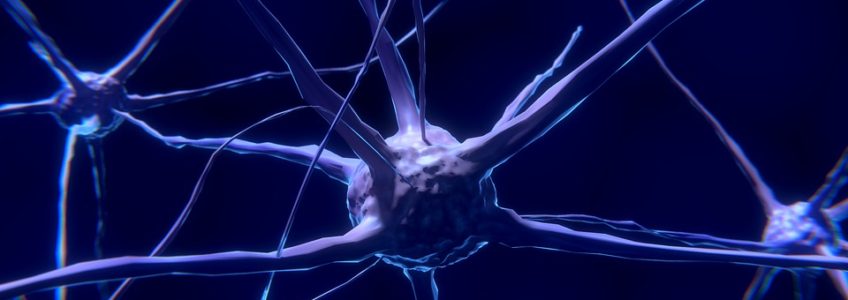
Have you ever heard of NLP (short of Neuro-linguistic programming)? Here is the definition of it:
“Neuro-linguistic programming is a controversial approach to psychotherapy and organizational change based on “a model of interpersonal communication chiefly concerned with the relationship between successful patterns of behaviour and the subjective experiences (esp. patterns of thought) underlying them” and “a system of alternative therapy based on this which seeks to educate people in self-awareness and effective communication, and to change their patterns of mental and emotional behaviour”.
Ok, let’s switch to English now. Simply put, NLP is the view in psychotherapy that describes the way people interpret their own experiences. It bases on the hypothesis that, if people are aware of these processes, they can also improve them. Thus, with the knowledge about how “our brain works”, we can start using it more effectively to improve our relationships and our lives. NLP teaches us how to communicate effectively with others and with ourselves, to achieve our goals and stay motivates, to recognize our strengths and weaknesses and use it in our favour. Shortly, NLP is a self-improvement-oriented approach in psychotherapy.
Where Can I Learn More About NLP?
In several occasions, I heard clients asking where they can learn more about NLP. The first source that comes to mind is NLP by Lisa Wake; here is the link: http://books.google.ca/books?id=oahwVEXfmNwC&dq=sensory+acuity&source=gbs_navlinks_s
She made fantastic work here, covering the basics of NLP to help you understand it completely. Also, she introduces different NLP tools and techniques that you can use for self-improvement. Here is a list of chapters in the book, to give you a better idea of what you can find in there:
In conclusion, I hope you like NLP by Lisa Wake and use it to create a better version of yourself and your life, whatever it means to you.

